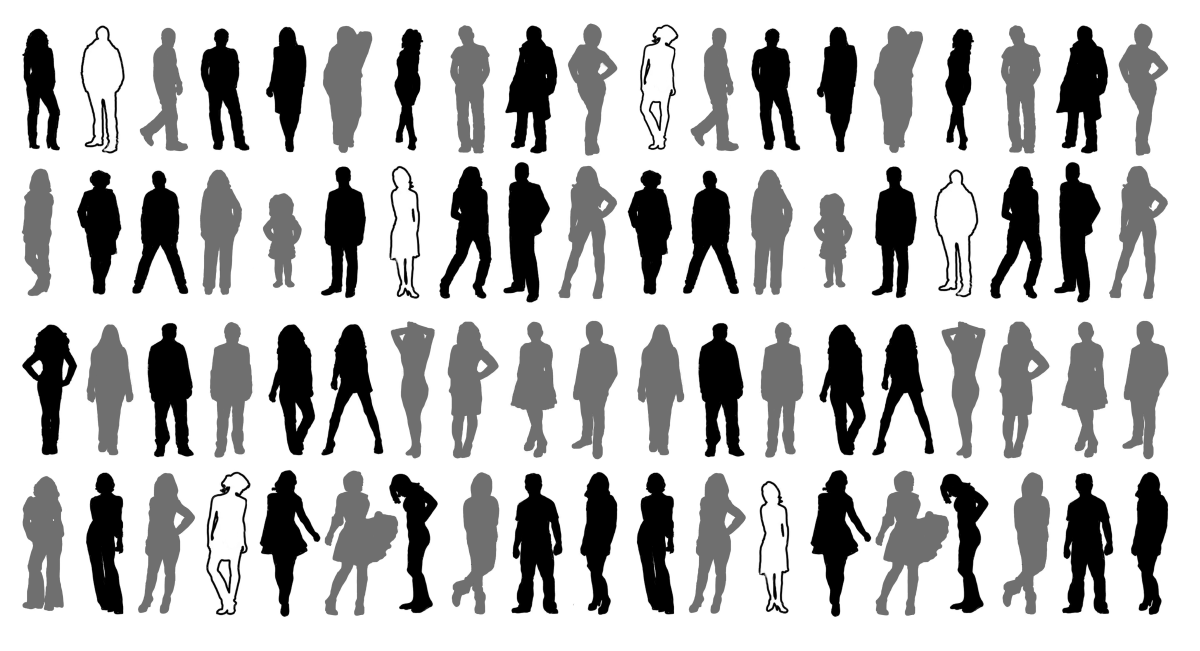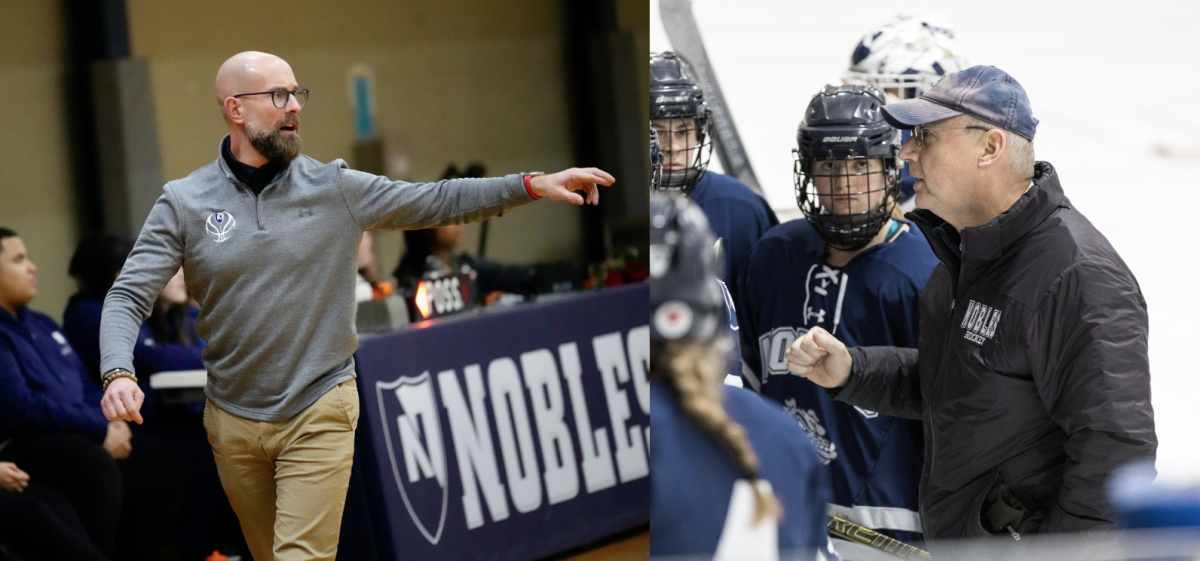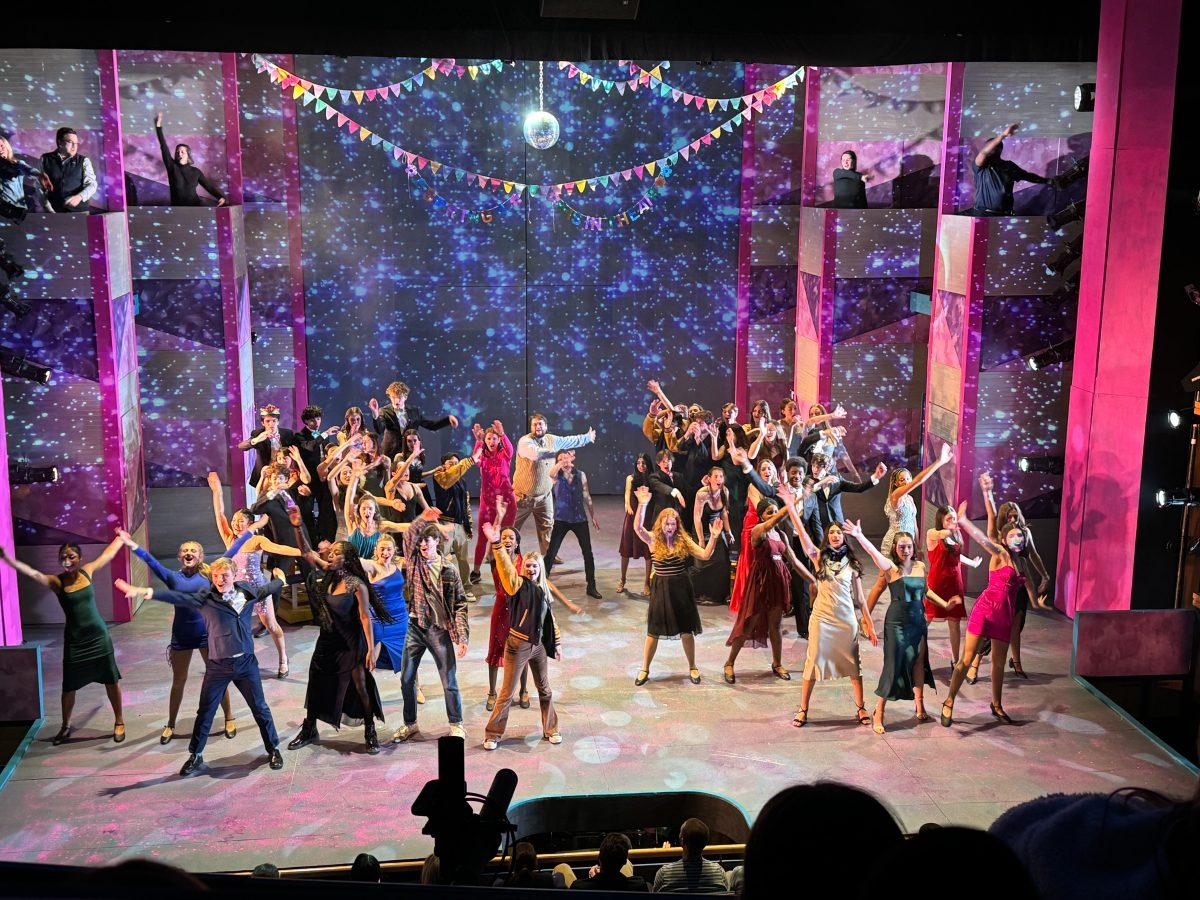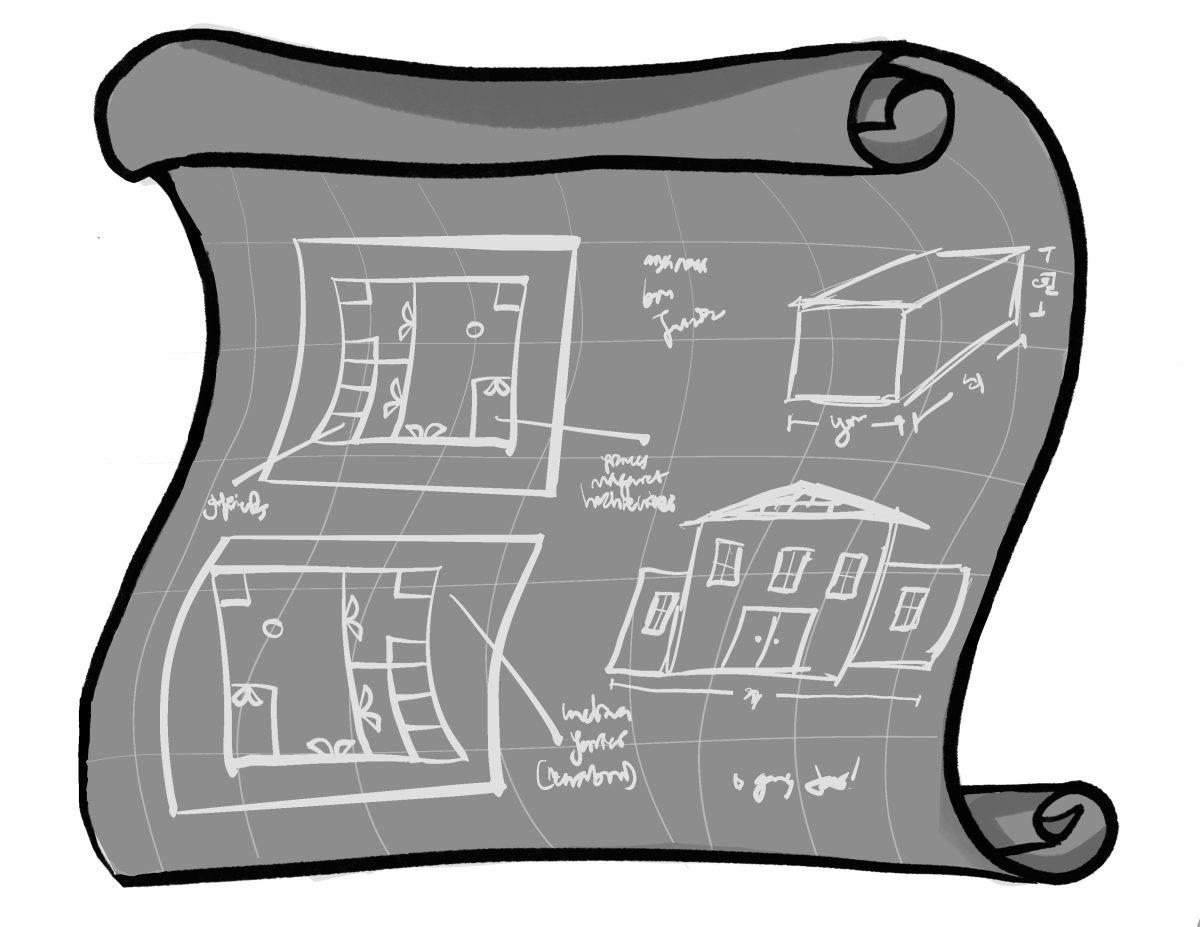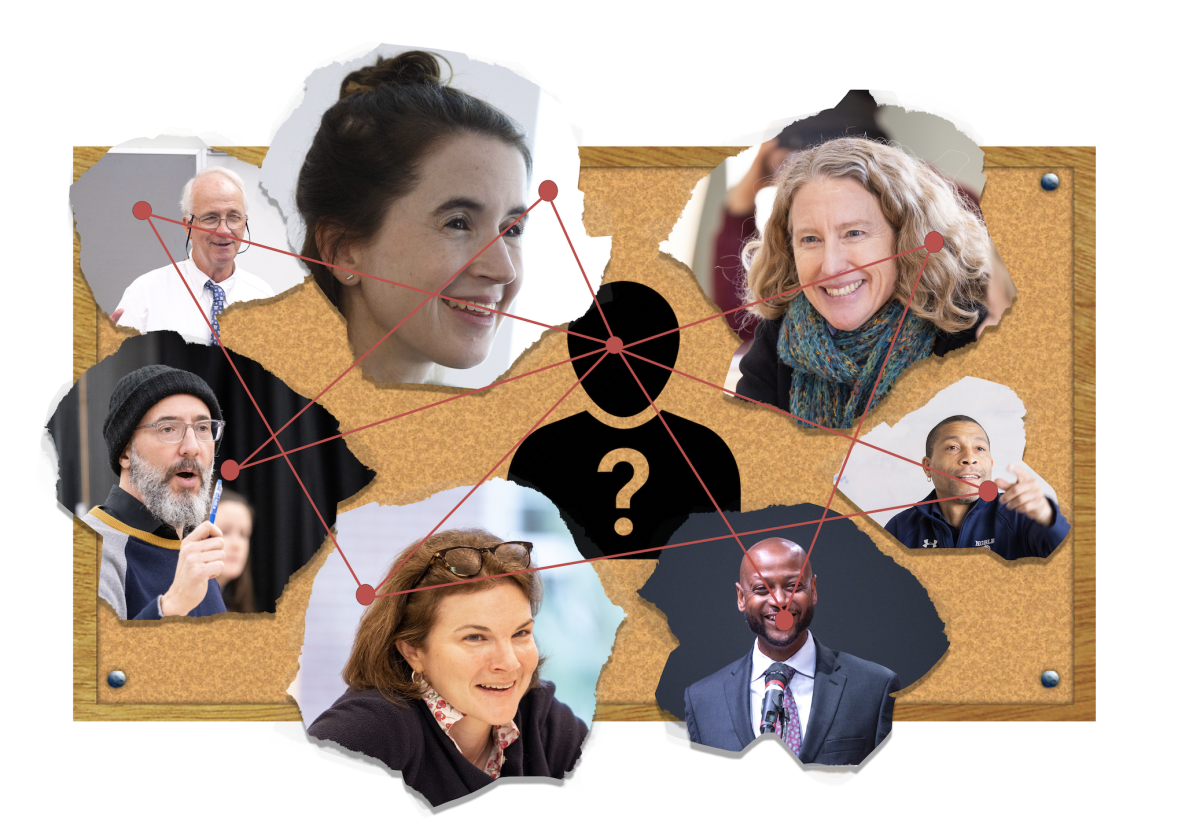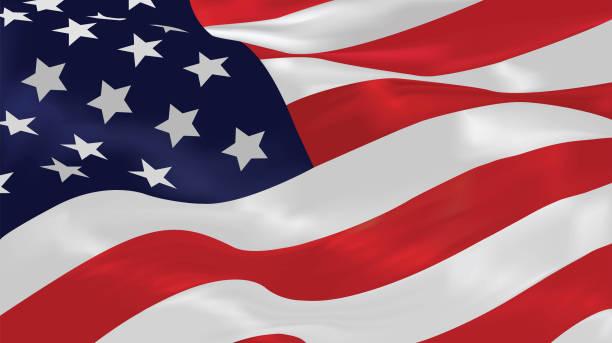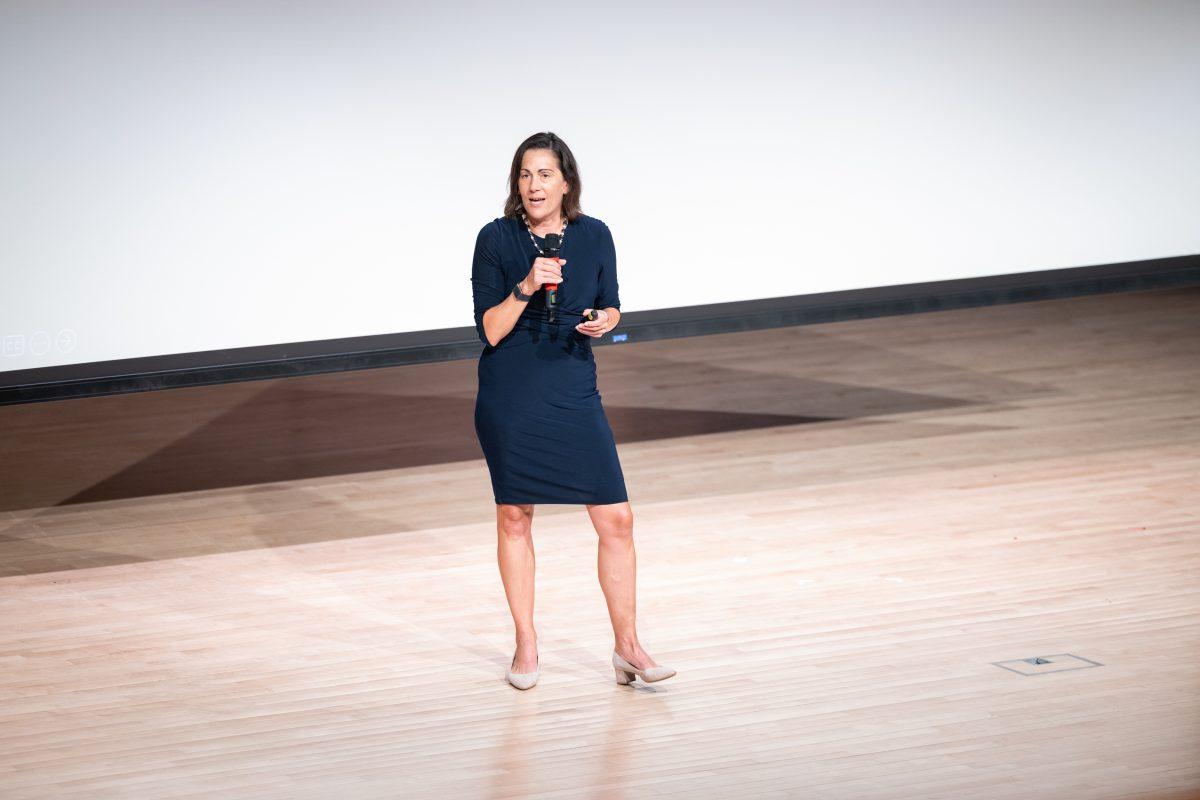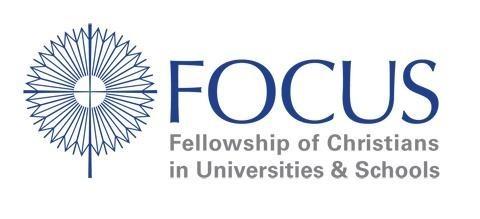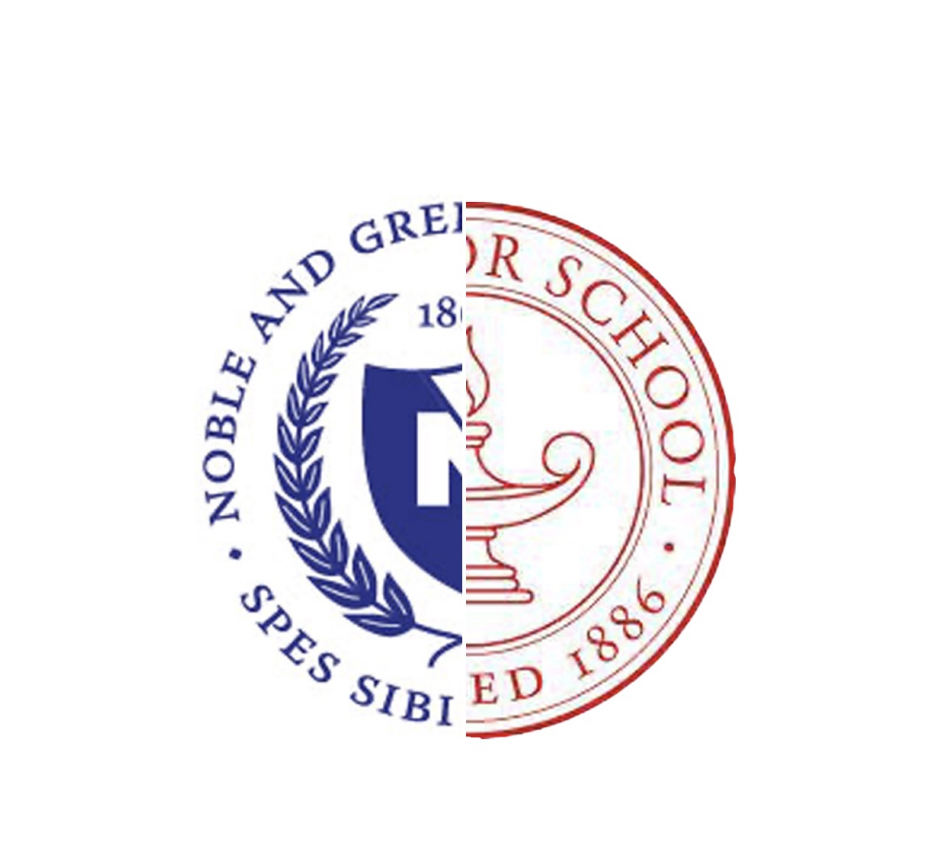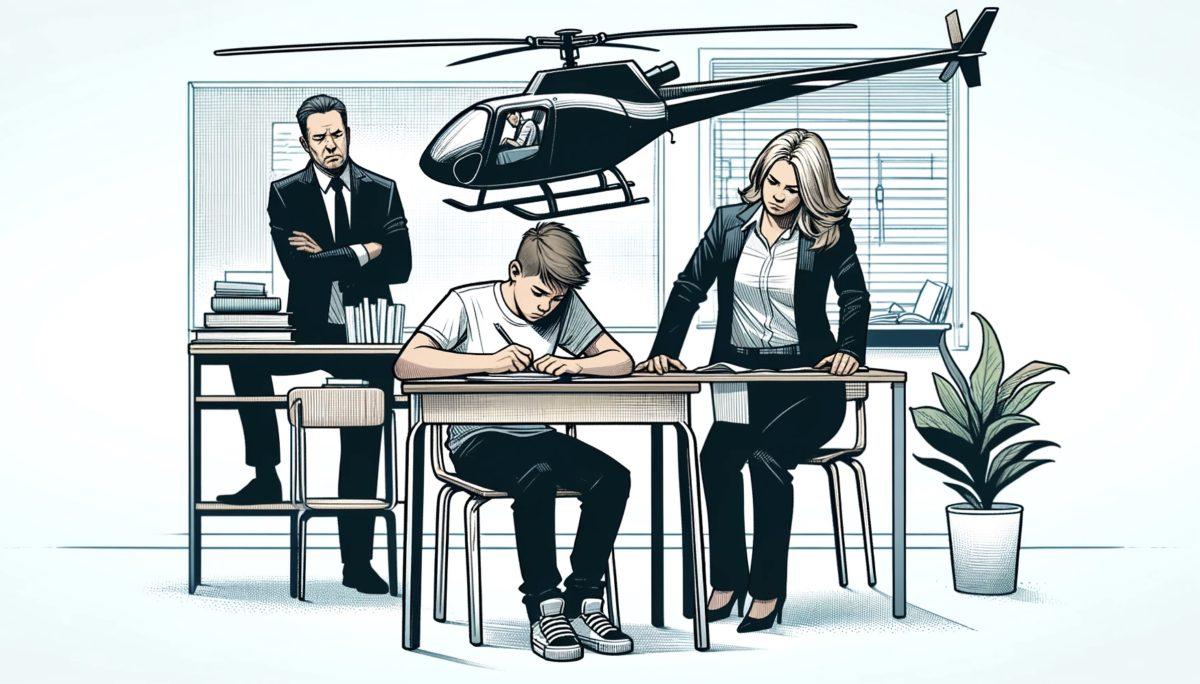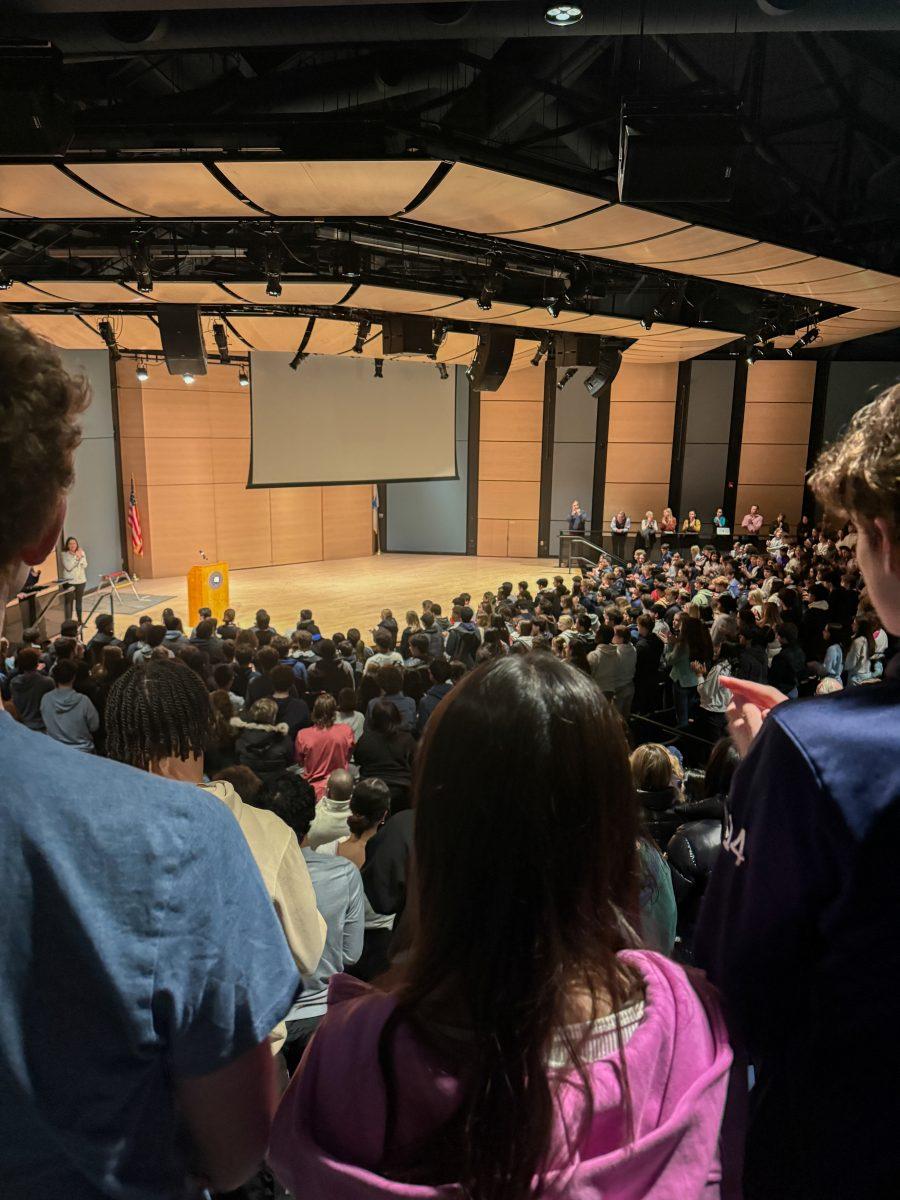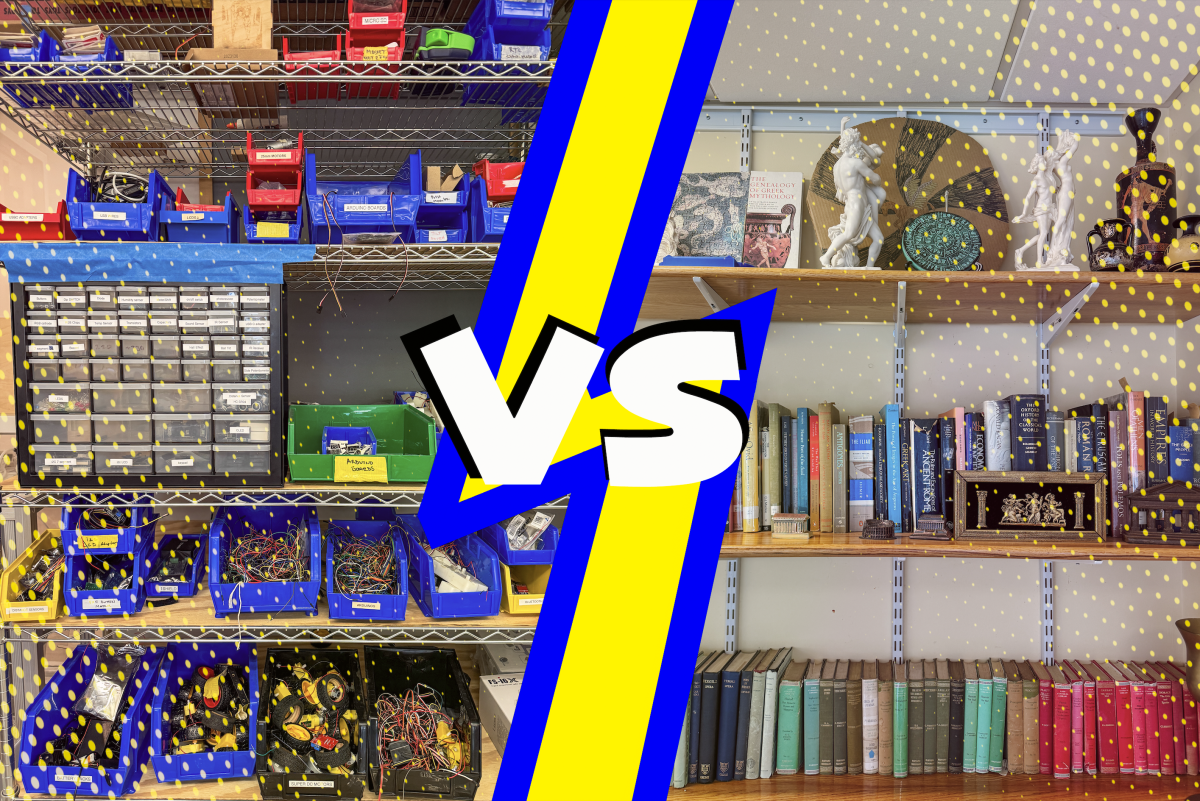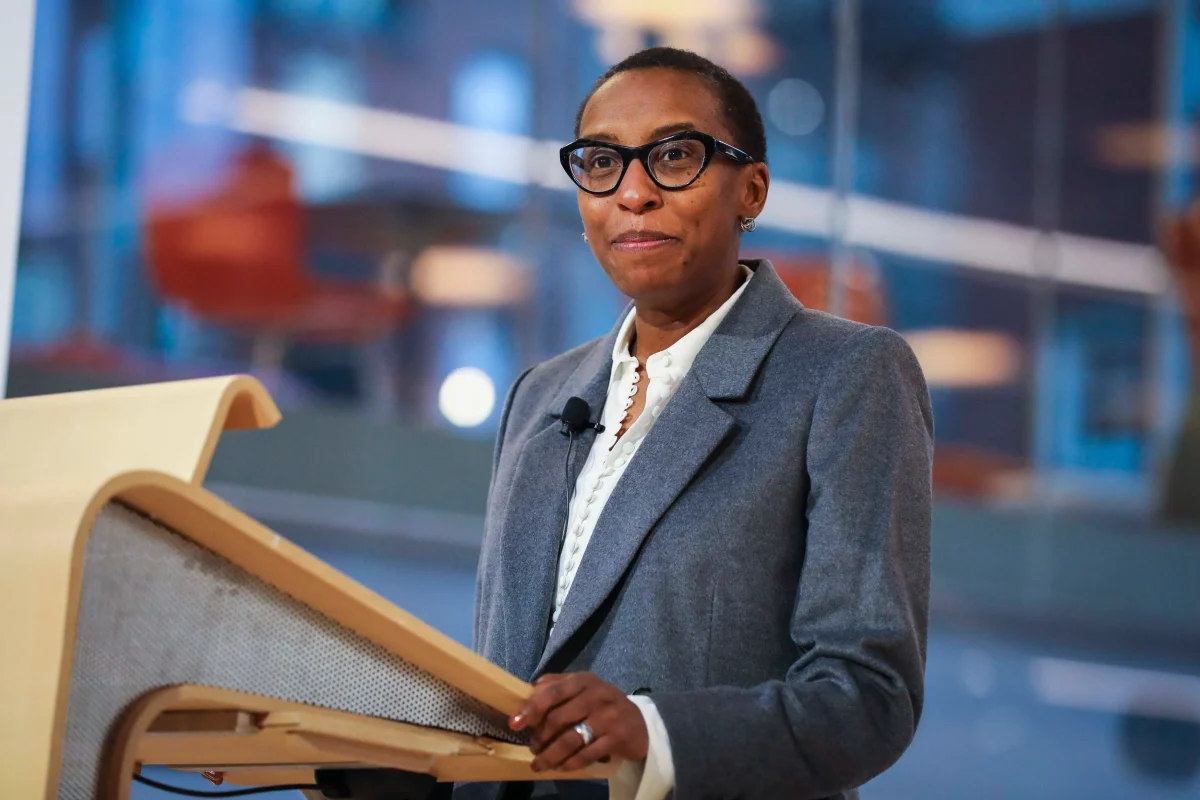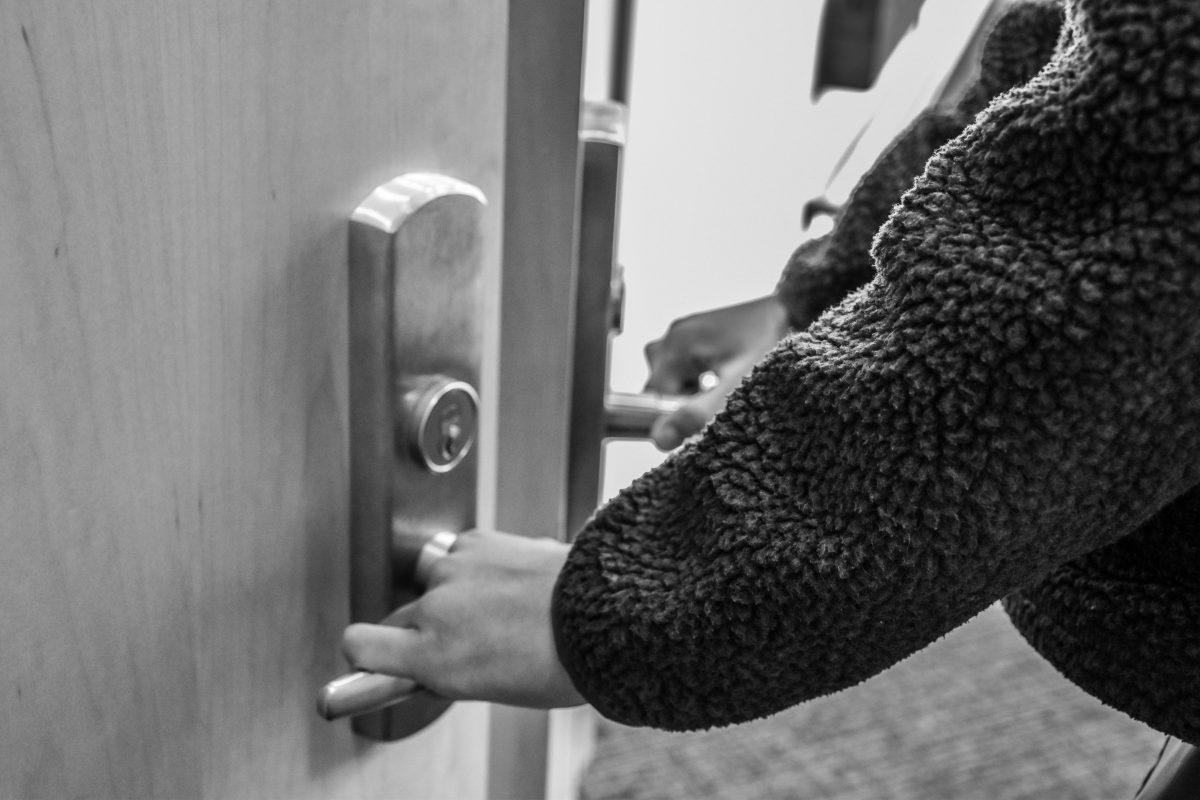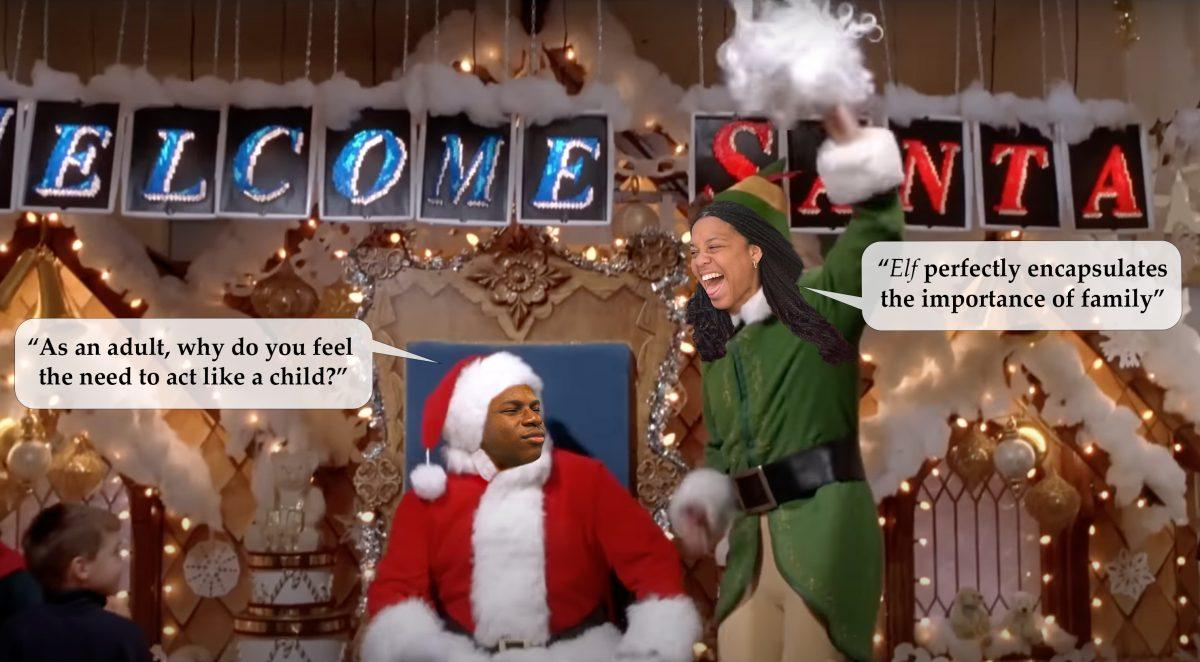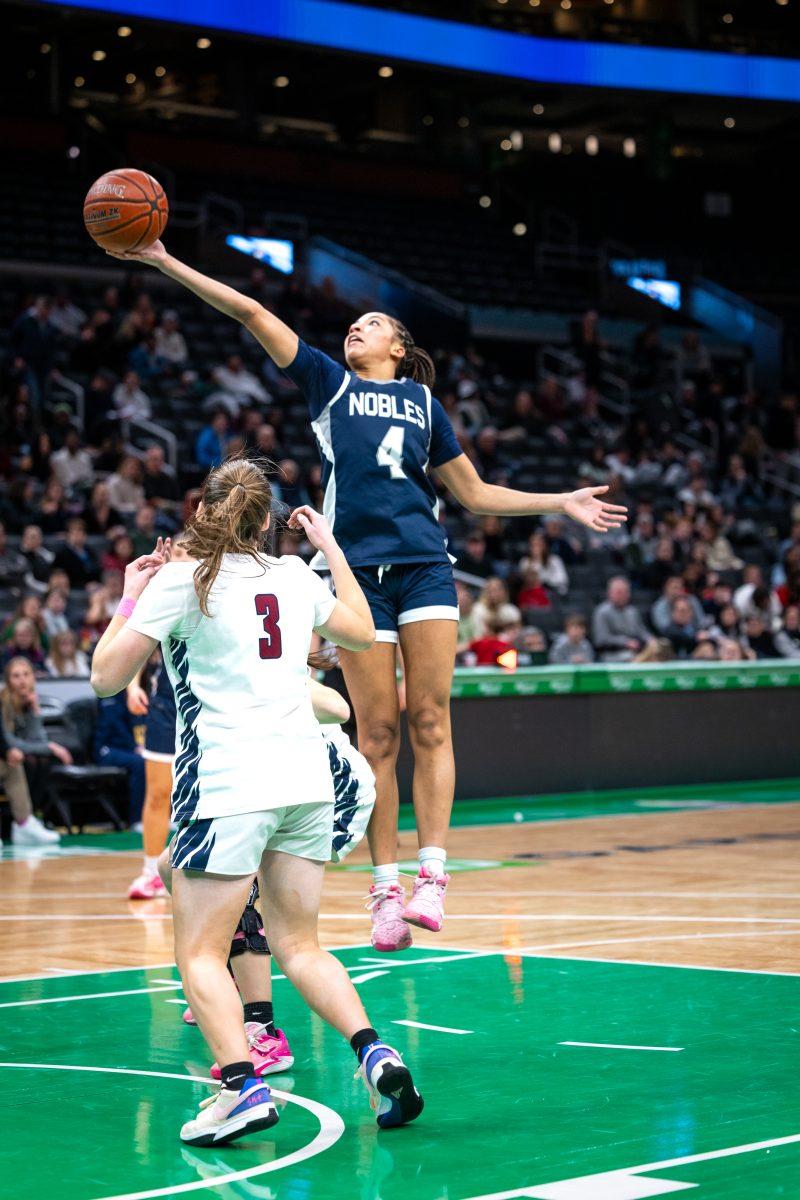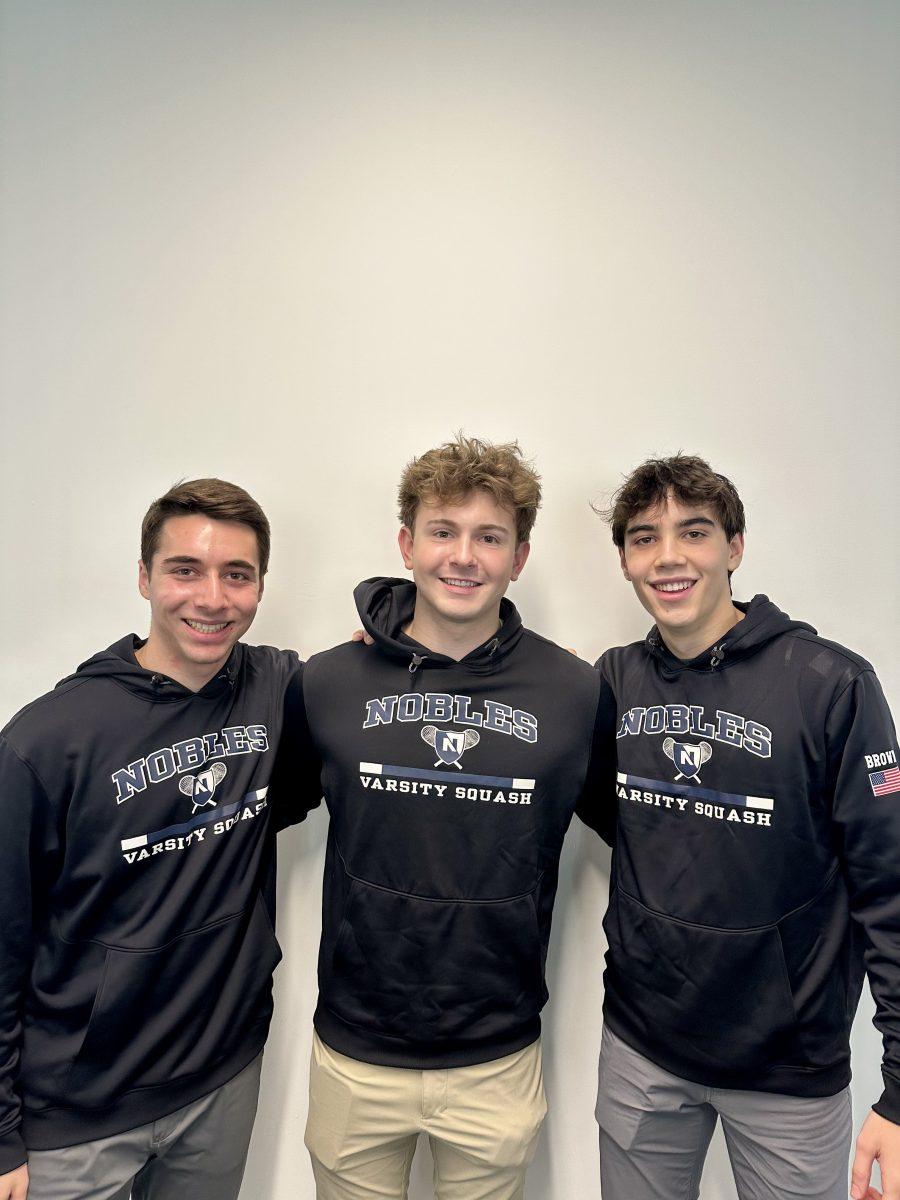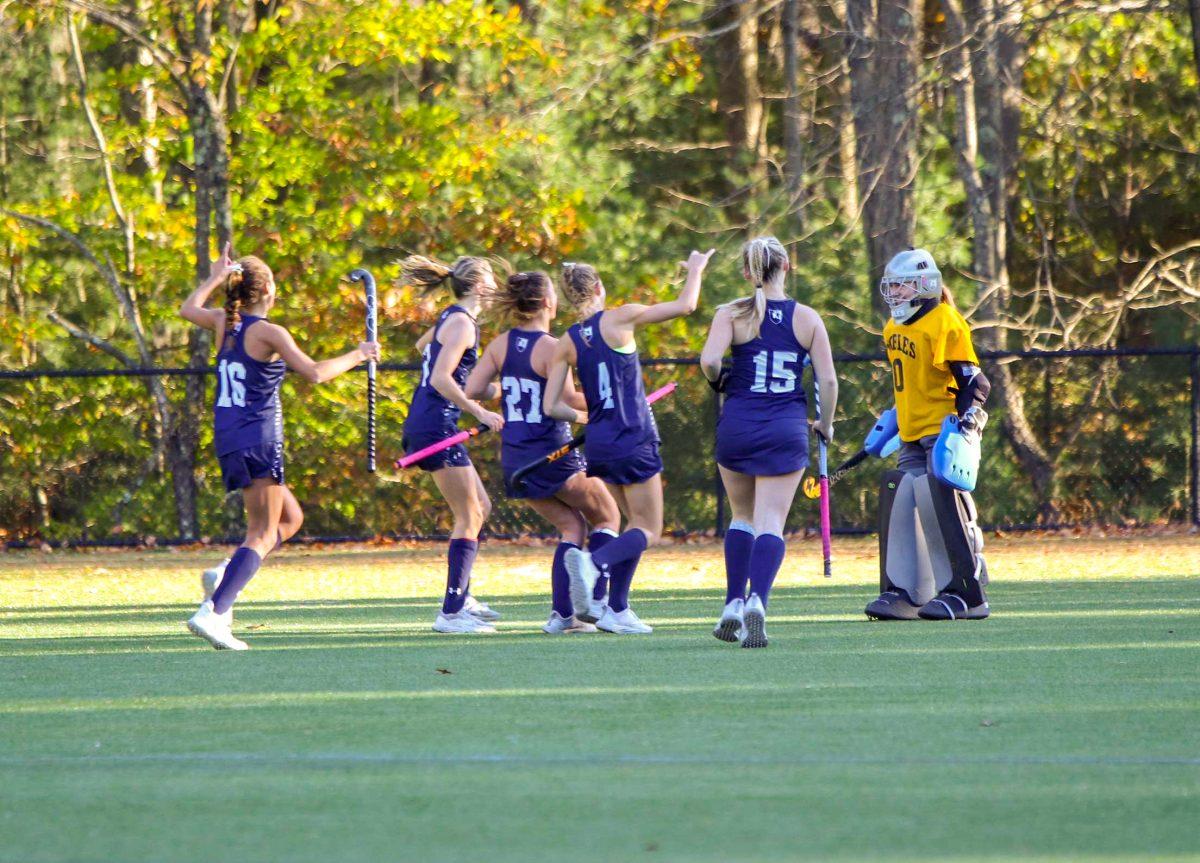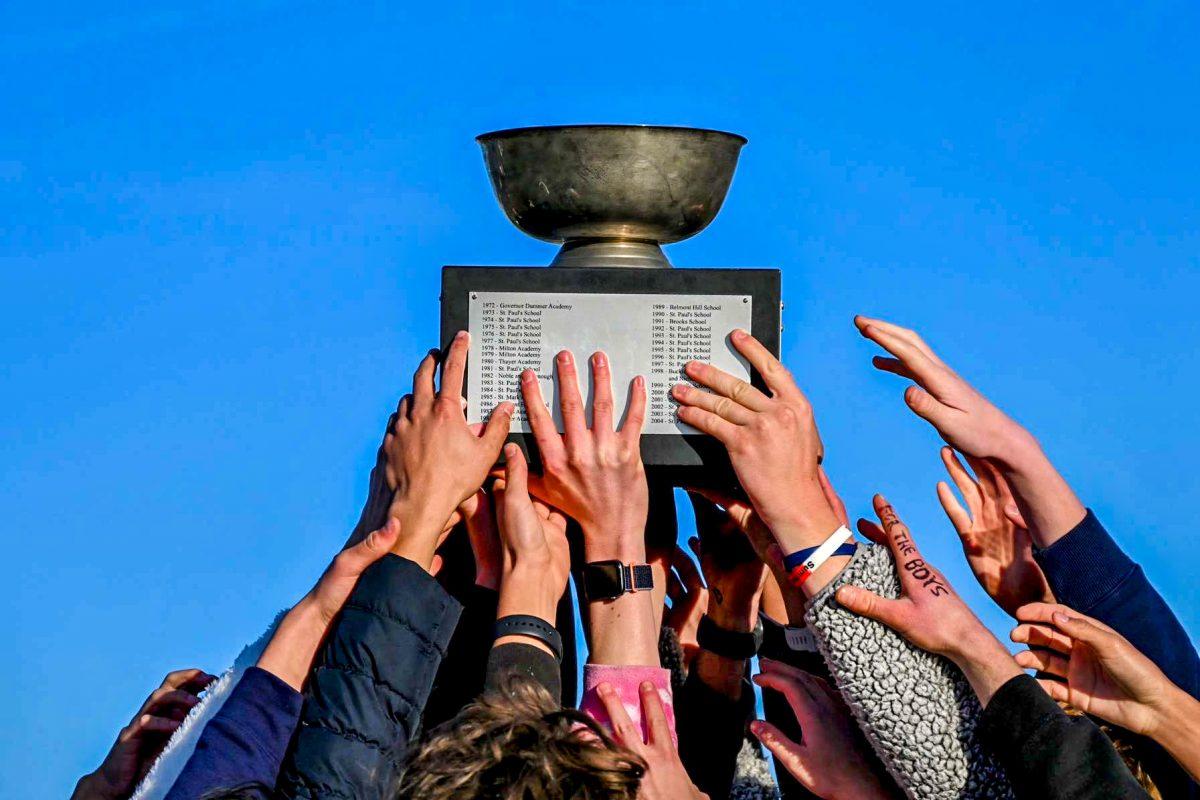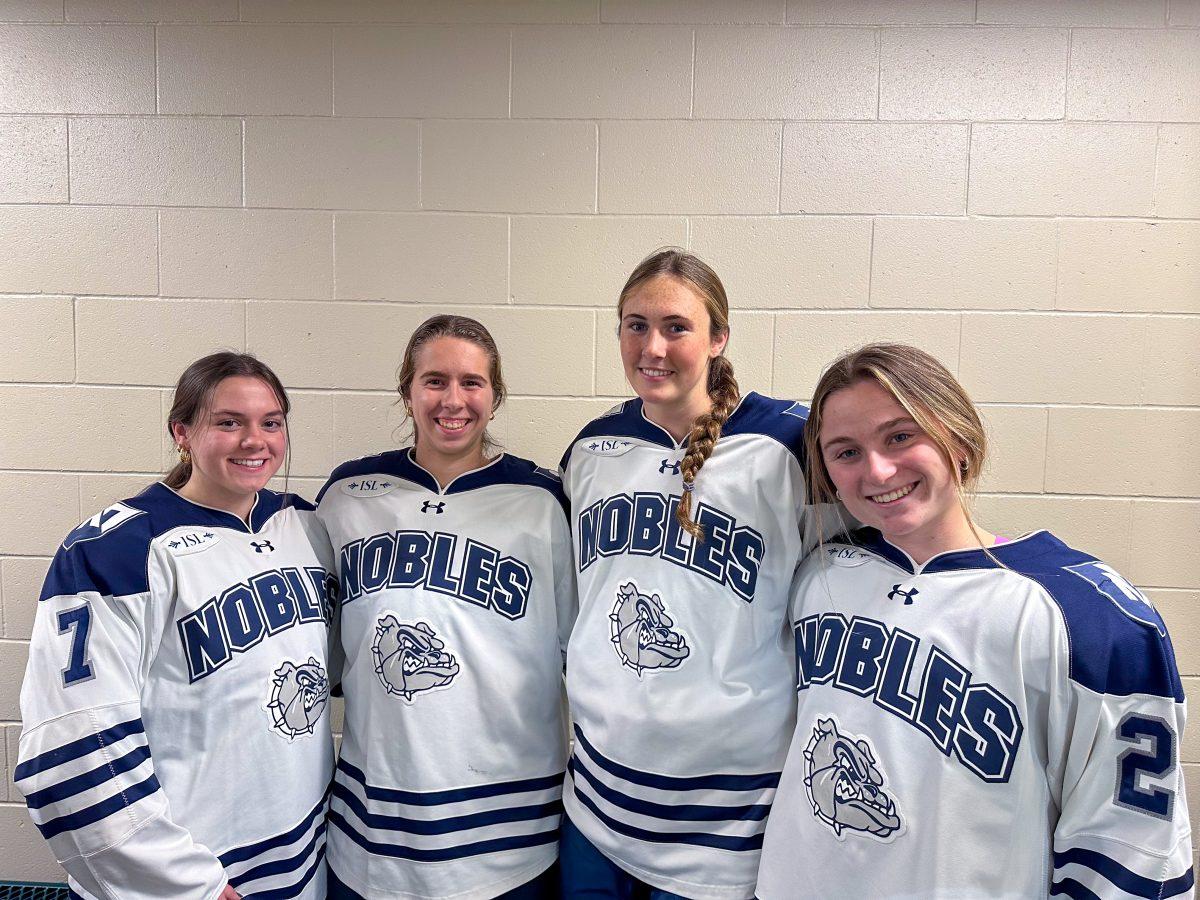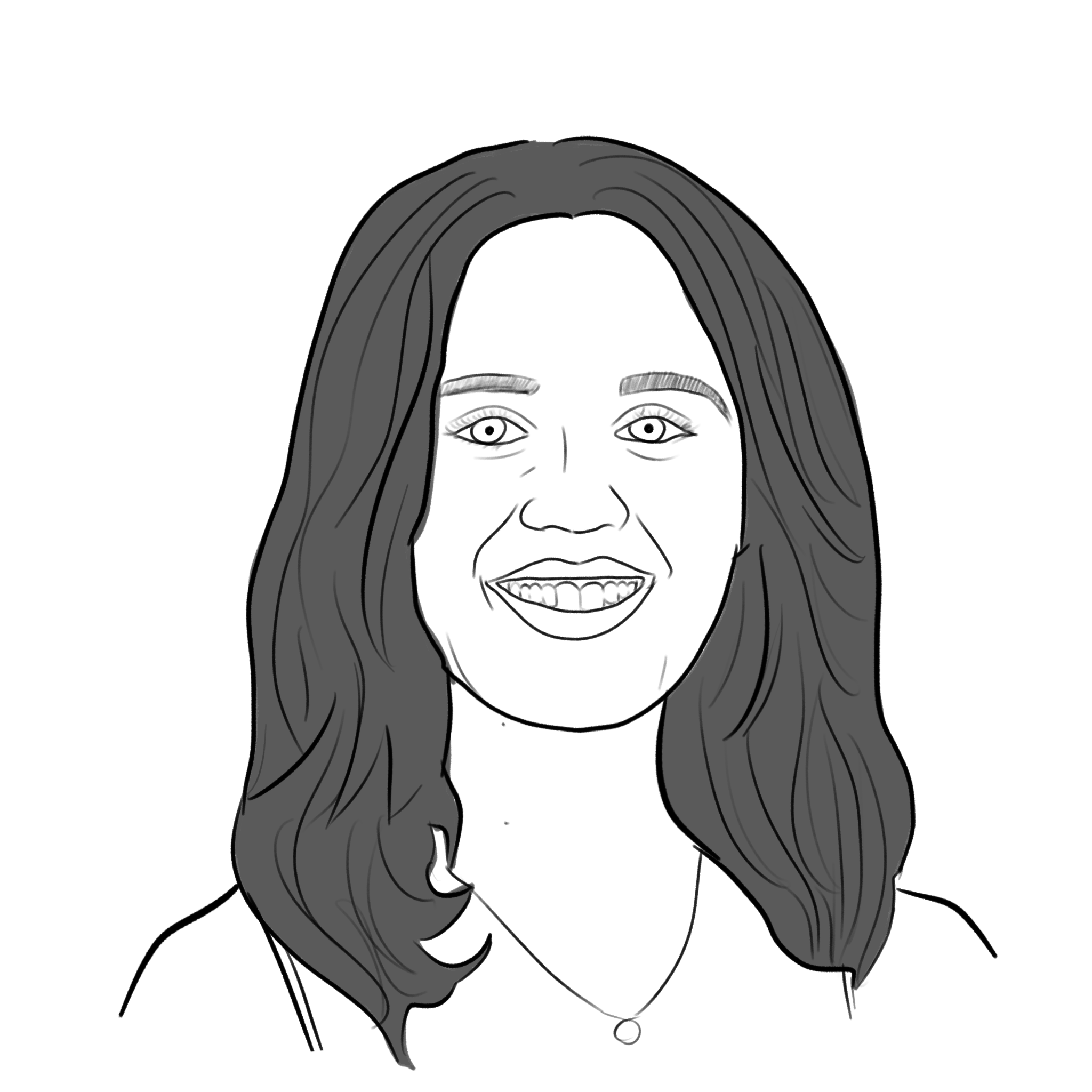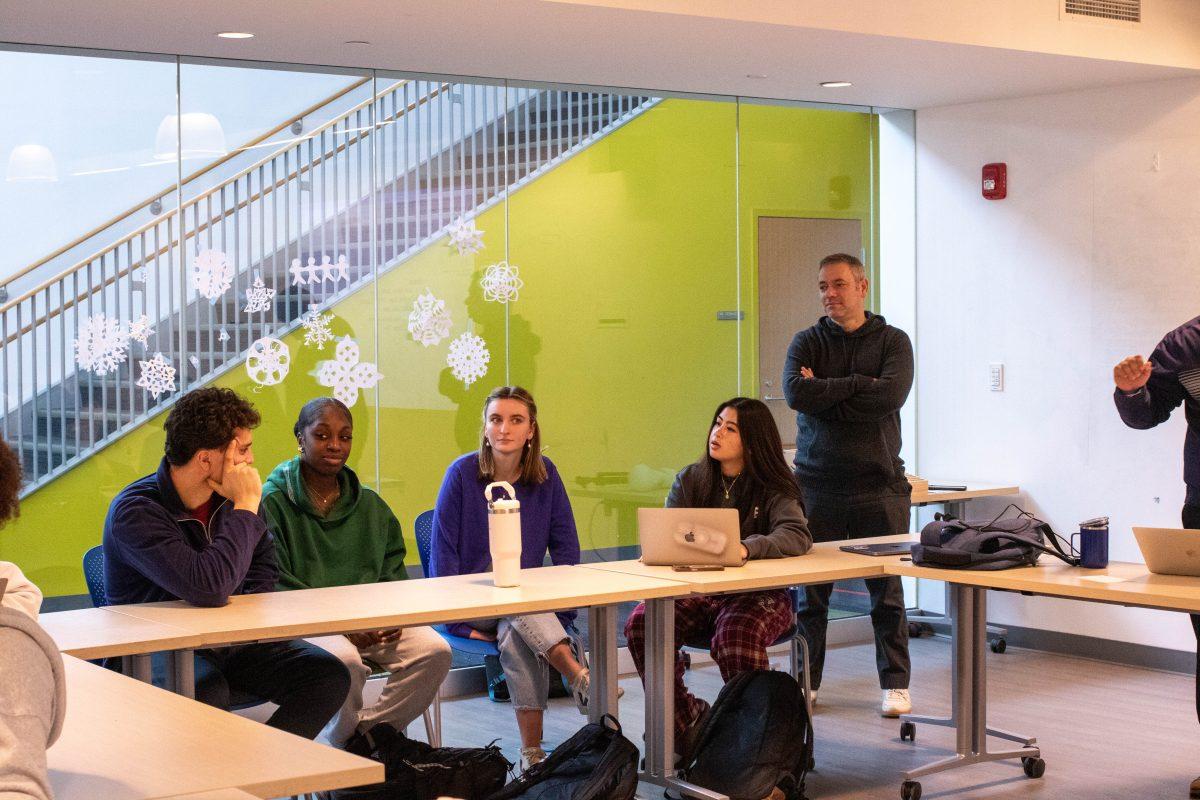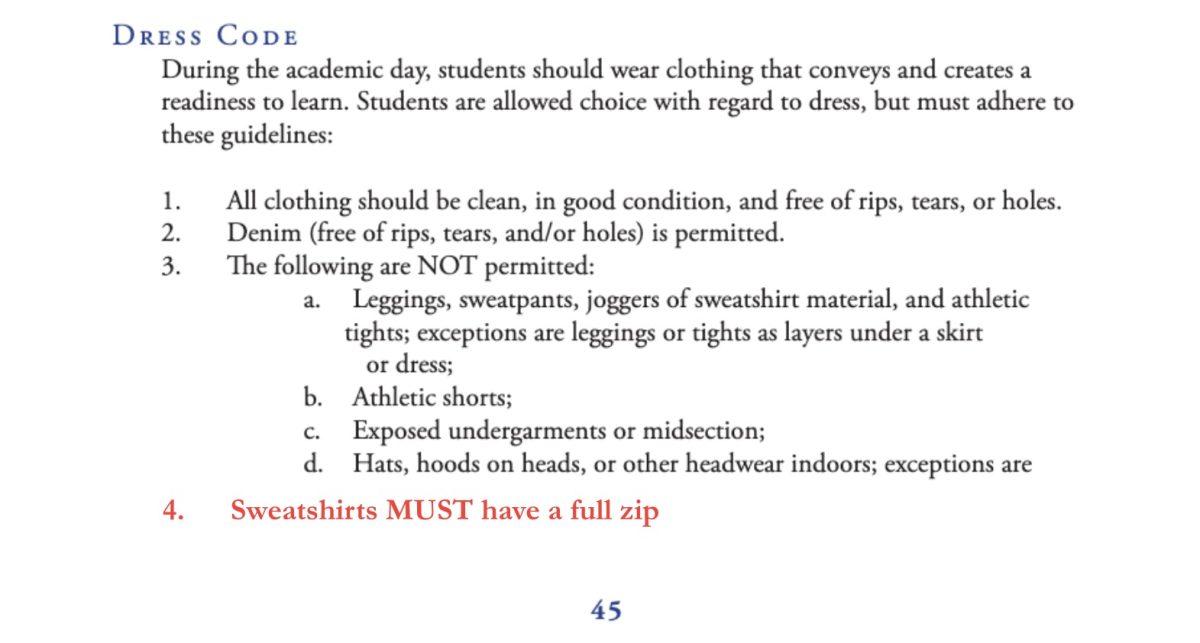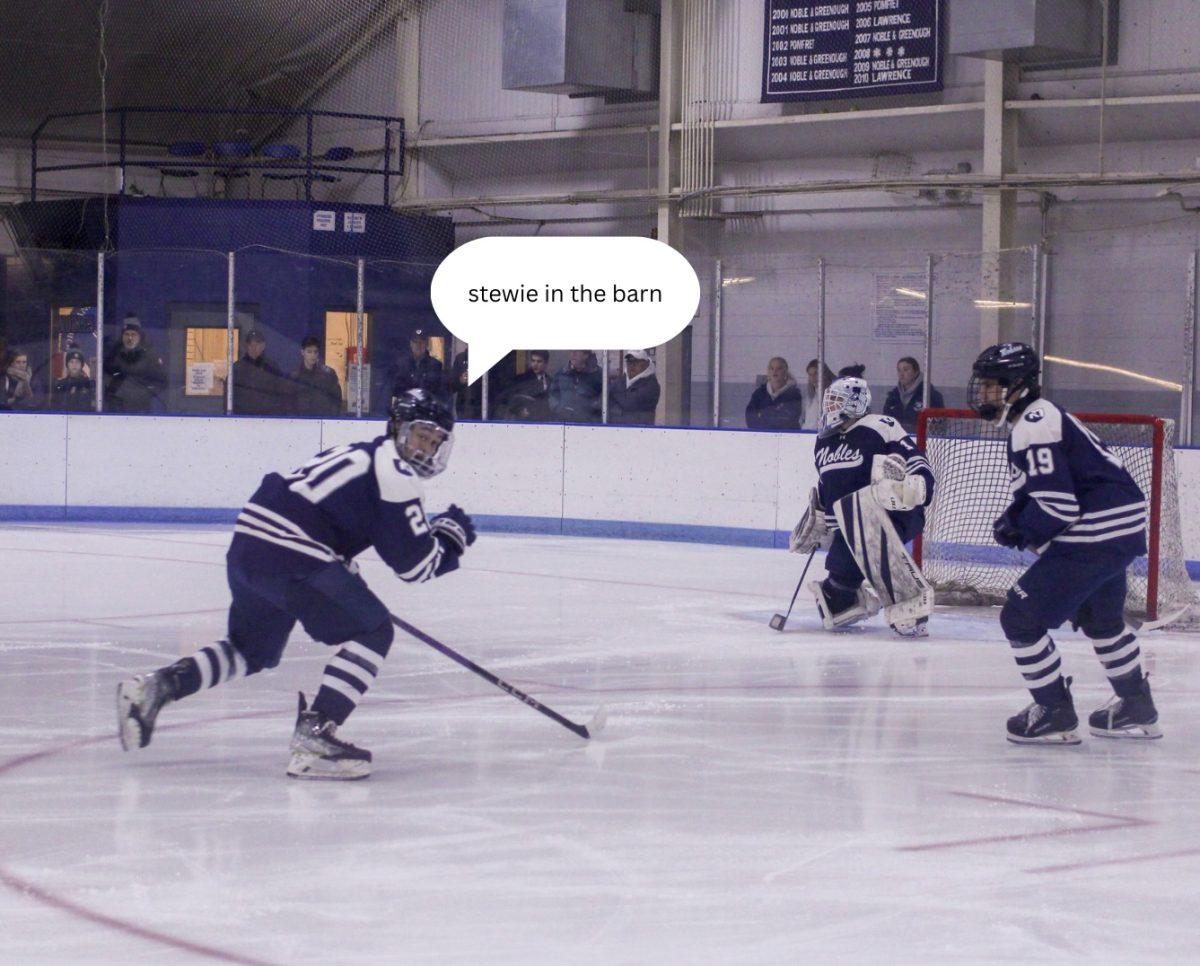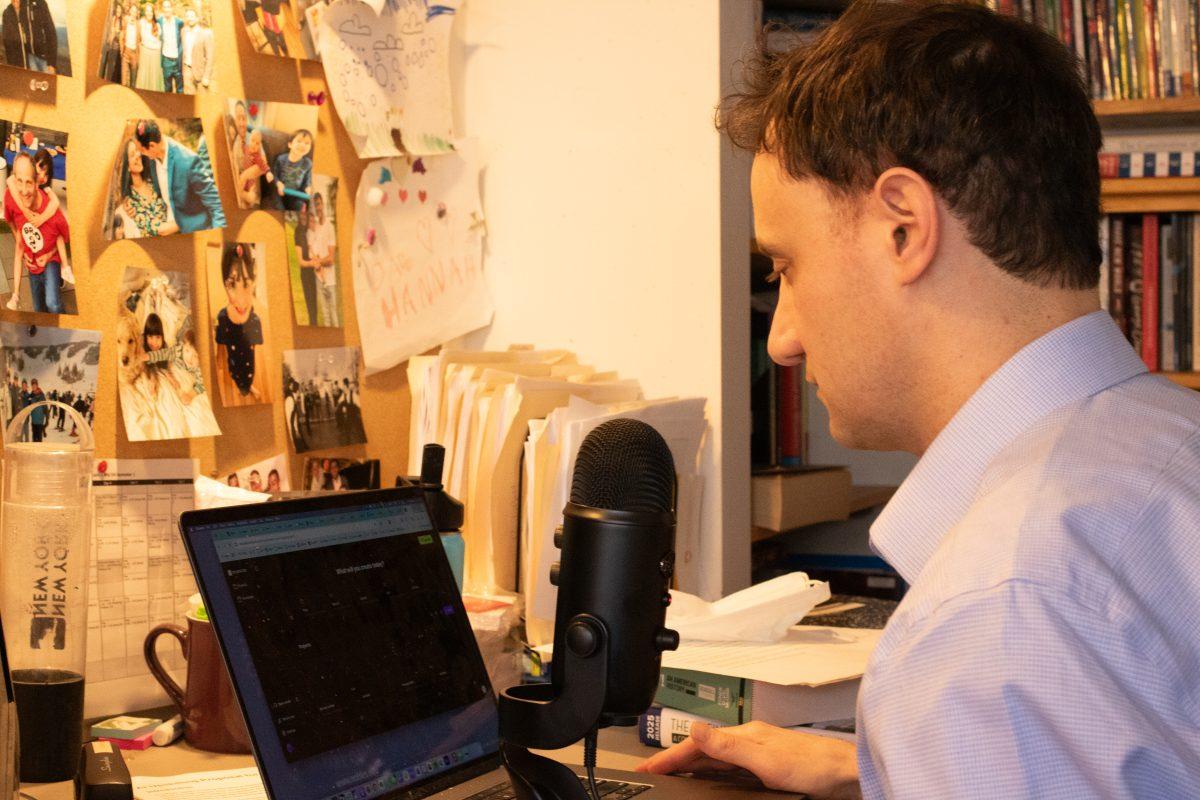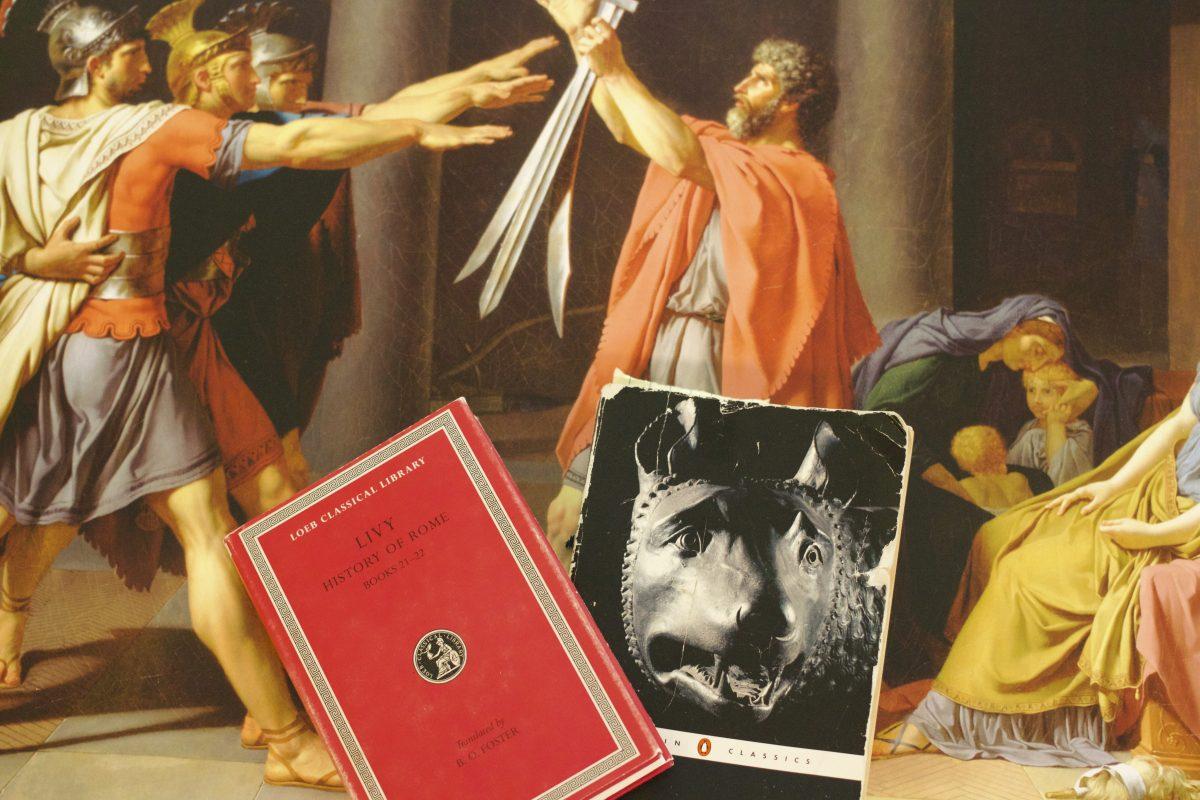After years of dormancy, the Multicultural Student Association (MSA) is making a comeback. The proposal to restore the MSA stems from the widely held desire in the community to give a voice to students, faculty, and staff alike. As Nobles, along with the nation, grapples with increasing polarization and division, many community members have felt the lack of a space designated for open dialogue without debate.
The MSA has a deep-rooted history at Nobles and was once the heart of on-campus dialogue. In the early 2000s, the MSA was one of the largest clubs on campus, attracting a diverse and robust group to every meeting. “When I came to Nobles in 2001, [the] MSA was probably the biggest club on campus. Every time you would go in, there would be 50 or more kids in there,” Director of Clubs and Engagement Violet Richard said. The MSA hosted discussions on topics ranging from race and class to international and domestic issues. The MSA was known as the place to go to share your beliefs and learn about others. The space was known best for its inclusivity.
Over the years, amid changes in leadership, priorities, and the club landscape, the MSA’s engagement began to dwindle. About 10 years ago, the club’s name was changed to “SURJE (Students United for Racial Justice and Equity),” and it began to get lost in the Nobles club scene, eventually dissipating a few years before the pandemic. Additionally, the rising focus on affinity spaces may have contributed to the decline of the MSA. “Over the last five or six years, we were very intentional about having student-driven programming for affinity spaces. What we were missing, however, was a space that brought people together to have a discussion,” Director of Diversity, Equity, and Inclusion Edgar De Leon said.
“Over the last five or six years, we were very intentional about having student-driven programming
for affinity spaces. What we were missing, however, was a space that brought people together
to have a discussion.”
The idea to bring the MSA back emerged from a POCC (People of Color Conference) that Richard and De Leon attended in the fall. Realizing their parallel ambitions for a space at Nobles that would foster inclusive dialogue, the pair decided to involve English Faculty Dave Liebowitz, who teaches the Race and Identity class alongside De Leon. “We realized that now is the perfect time to bring the MSA back, especially given the political climate and the many voices that want to be heard,” Richard said. The Race and Identity class was a great place to start. Throughout the semester, the class has been having open and sometimes difficult conversations like the MSA hopes to do.
As Nobles attempts to combat the increasing divisions within the greater country, a space for civil conversation and respectful disagreement is vital. “We want to create a culture where it’s okay to disagree. It’s important to normalize disagreement and recognize that it’s okay to walk away from a conversation without having to win,” De Leon said. While students often talk about politics and pressing social issues in small groups and with trusted friends, many feel uncomfortable and nervous about sharing their opinions and beliefs in settings such as classrooms and larger gatherings. The MSA hopes to provide a space where students can feel heard and accepted.
Despite strong faculty support and excitement from the student body, many challenges stand in the way of the MSA’s resurgence, particularly engagement. Nobles hosts almost 60 clubs every club block, pulling students in various directions and leaving clubs that rely on high engagement without the membership they need to flourish. This problem was exemplified during the MSA’s first meeting. On March 13, despite a few assembly announcements surrounding the meeting, Shattuck 113, the MSA’s new location, was almost empty during club block. The only attendees were the club leaders and a few faculty members drawn in by their past recollections of the club. Without the turnout for a conversation, the club leaders shifted their focus for the block to fostering engagement and figuring out how to get students and faculty into the room. Proposals ranged from sending out all-school emails to formally inviting other clubs to increase engagement.The return of the MSA hopes to build bridges between students, faculty, and staff with differing opinions and viewpoints through an understanding and welcoming environment. “The world is divided right now, but [the] MSA can be a place where people of all beliefs and philosophies come together to talk and learn from each other. That’s the power of conversation, and that’s what we’re hoping to bring back,” said De Leon. While the path forward for the MSA will undoubtedly include many challenges, its potential to reshape and redefine dialogue within the Nobles community is undeniable.
“The world is divided right now, but [the] MSA can be a place where people of all beliefs and philosophies
come together to talk and learn from each other.”

